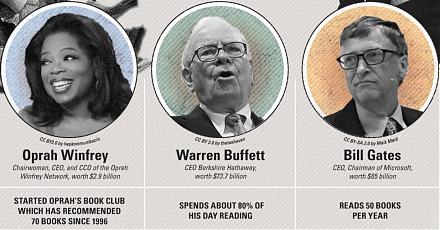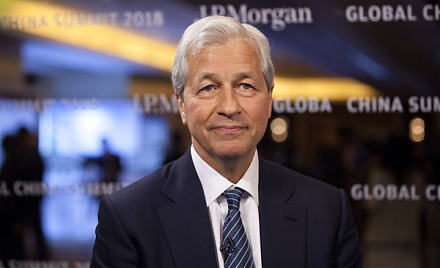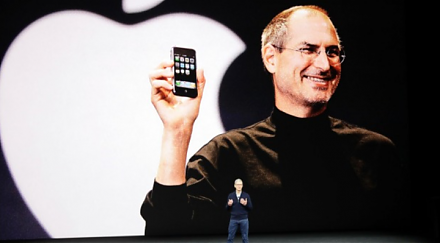

2018-07-15 11:35:00 Sun ET
technology antitrust competition bilateral trade free trade fair trade trade agreement trade surplus trade deficit multilateralism neoliberalism world trade organization regulation public utility current account compliance
Facebook, Google, and Twitter attend a U.S. House testimony on whether these social media titans filter web content for political reasons. These network platforms have undertaken key attempts to improve transparency with minimal discrimination. For instance, Facebook has bent over backwards to placate conservatives in light of the social network giant's recent failure to remove specific pages on conspiracy theories. Google's video channel YouTube rep emphasizes that giving preference to content of one political ideology over another would fundamentally conflict with universal service provision. Twitter's strategists suggest that its primary purpose is to serve key user interactions with neither value judgments nor personal beliefs.
These online platforms then experience sharp stock market gains soon after their congressional clarification. In recent times, Google receives a $5 billion fine over anti-trust abuses in relation to its Android mobile operating system. The European Commission deems that Google has abused its dominant market position with 80% revenue intake in the smart phone market by forcing manufacturers to pre-install Google Search and Chrome. As a result, this unfair practice prevents several other tech firms such as Amazon, Alibaba, HuaWei, and Oppo from being able to find alternative manufacturers for Android mobile devices. Despite this harsh penalty, Google's recent stock market performance remains robust.
If any of our AYA Analytica financial health memos (FHM), blog posts, ebooks, newsletters, and notifications etc, or any other form of online content curation, involves potential copyright concerns, please feel free to contact us at service@ayafintech.network so that we can remove relevant content in response to any such request within a reasonable time frame.
2019-03-09 12:43:00 Saturday ET

Pinterest files a $12 billion IPO due in mid-2019. This tech unicorn allows users to pin-and-browse images through its social media app and website. Pintere
2022-02-02 10:33:00 Wednesday ET

Our proprietary alpha investment model outperforms most stock market indices from 2017 to 2022. As of early-January 2023, the U.S. Patent and Trademark O
2018-08-05 12:34:00 Sunday ET

JPMorgan Chase CEO Jamie Dimon sees great potential for 10-year government bond yields to rise to 5% in contrast to the current 3% 10-year Treasury bond yie
2017-12-13 06:39:00 Wednesday ET

The Federal Communications Commission (FCC) has decided its majority vote to dismantle rules and regulations of most Internet service providers (ISPs) that
2025-06-13 08:23:00 Friday ET

What are the mainstream legal origins of President Trump’s new tariff policies? We delve into the mainstream legal origins of President Trump&rsquo
2018-06-25 12:43:00 Monday ET

Apple and Samsung are the archrivals for the title of the world's top smart phone maker. The recent patent lawsuit settlement between Apple and Samsung